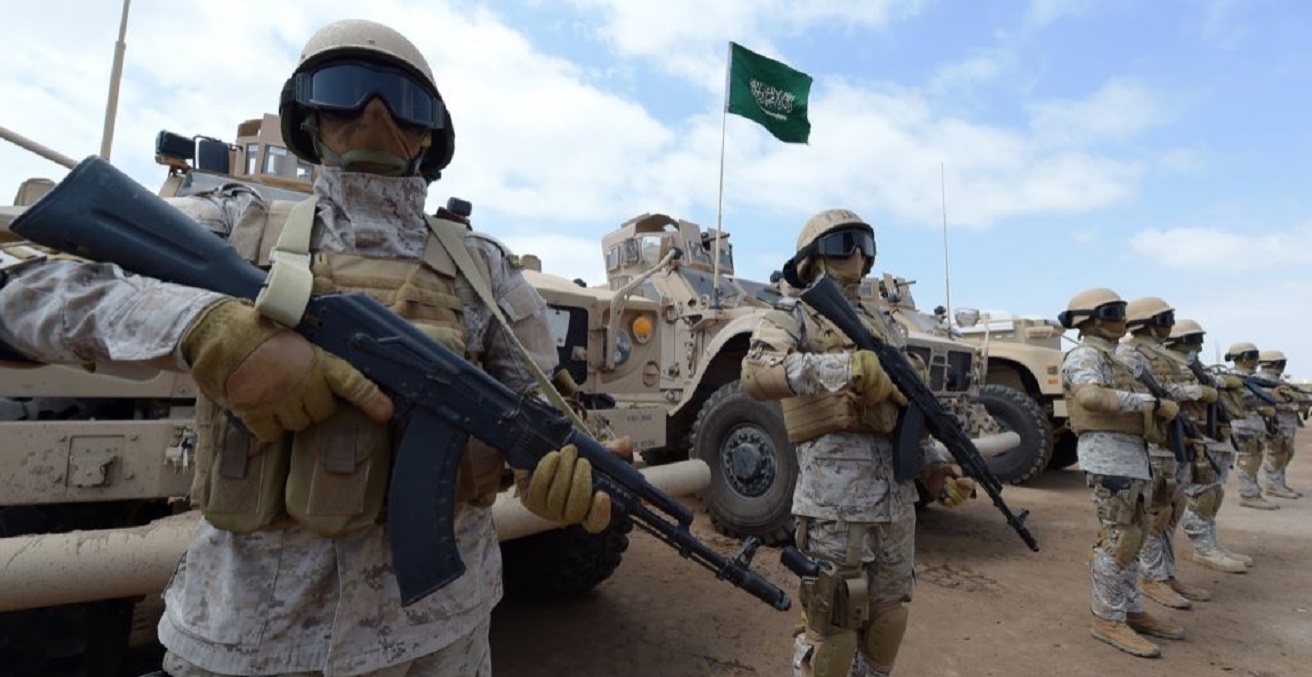From June through August 2018, United Nations (UN) Special Procedures sent five separate joint communications to the Kingdom of Saudi Arabia, expressing concerns over a myriad of human rights violations ranging from the targeting of women’s and human rights defenders, reprisals, the conflict in Yemen, arbitrary detention and more. This blog series highlights these joint communications and the Kingdom’s response, if they provided one.
On 25 June 2018, mandates from the UN Special Procedures including the Working Group on Arbitrary Detention; the Special Rapporteur on the situation of human rights defenders; and the Special Rapporteur on the promotion and protection of human rights and fundamental freedoms while countering terrorism sent an Urgent Appeal (AL SAU 8/2018) to the Kingdom of Saudi Arabia.
The communication addressed concerns surrounding two Yemeni human rights defenders, Radhya Al-Mutawakel and Abdulrasheed Al-Faqih, and their detention in Yemen by Saudi-led coalition security forces. Al-Mutawakel and Al-Faqih are President and Director of the Mwatana Organization for Human Rights, which seeks to document human rights violations in Yemen and provide support to victims of rights violations. Al-Mutawakel attended the United Nations (UN) Security Council in 2017 as the first Yemeni woman to present a briefing at the Security Council, while Al-Faqih, the subject of a previous Special Procedures Urgent Appeal (YEM 2/2016), attended the UN Human Rights Council in February 2017. It is believed that their participation in these United Nations mechanisms triggered the detention.
On 14 June 2018, Al-Faqih on his way to the airport to be treated abroad for medical care when he was stopped by individuals in Central Security Forces uniforms and believed to be loyal to Yemeni President Hadi. Al-Faqih was detained, questioned, and had his passport confiscated. Authorities told him that he would be transported to security headquarters in Marib after two hours of interrogation, neither disclosing his location nor allowing him contact with anyone during his detention. He was released later that day, but four days later, on 18 June 2018, Al-Faqih and Al-Mutawakel were both detained at Seiyun airport by military police at the orders of the Saudi-led coalition.
At the airport, officers confiscated their passports and detained them without outside contact. Due to their detention, the Special Procedures reported, the two missed their departing flight and Al-Mutawakel was unable to participate in an event with the Center for Humanitarian Dialogue in Oslo, which she had initially been traveling to. The two were transported to an undisclosed location and released that evening, but received subsequent threats of further detention from the Saudi-led coalition the next day. Al-Faqih and Al-Mutawakel hold the Saudi-led coalition and the Yemeni government “fully accountable” for the actions against them.
In light of this, the UN Special Procedures expressed concerns that Al-Faqih and Al-Mutawakel were held incommunicado for their work as human rights defenders. The mandates also addressed concern for the apparent travel ban against the two for their cooperation with UN bodies, as well as denial of appropriate medical treatment for Al-Faqih. They further requested information from Saudi Arabia on these detentions and proof that Al-Faqih and Al-Mutawakel would be able to safely leave the country and exercise their right to freedom of movement, additionally calling for measures to ensure that human rights defenders may work without fear of reprisal. Such an urgent matter, they argued, called for immediate action.
The Kingdom of Saudi Arabia responded on 28 June 2018, but essentially brushed off the case. Instead, the Gulf state conveyed its lack of concern over the reported detentions, stating instead that the communication should be sent to the Government of Yemen. The Kingdom’s astounding lack of accountability for the actions of its own coalition members in detaining human rights defenders further demonstrates Saudi Arabia’s disinterest in human rights. The war in Yemen has deteriorated since Saudi’s involvement, from air strikes against civilians to now meddling with and harassing Yemeni human rights defenders.
Caroline Hickey is an Advocacy Intern with ADHRB.





